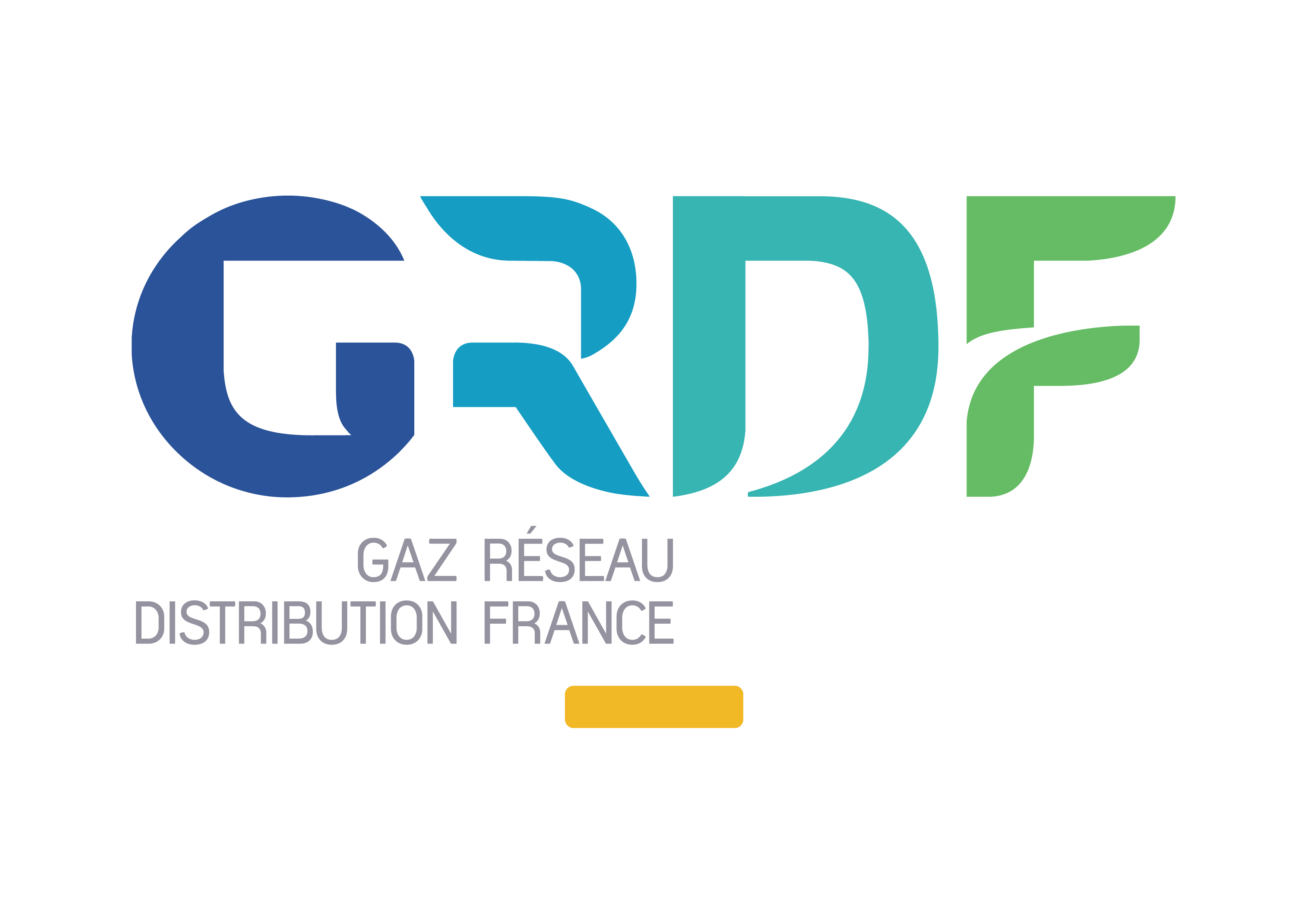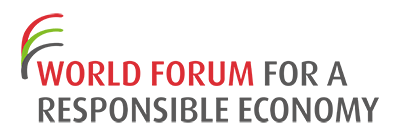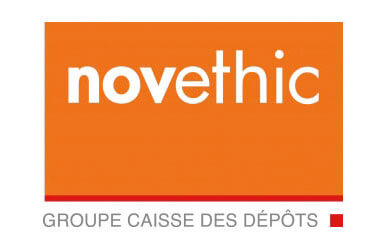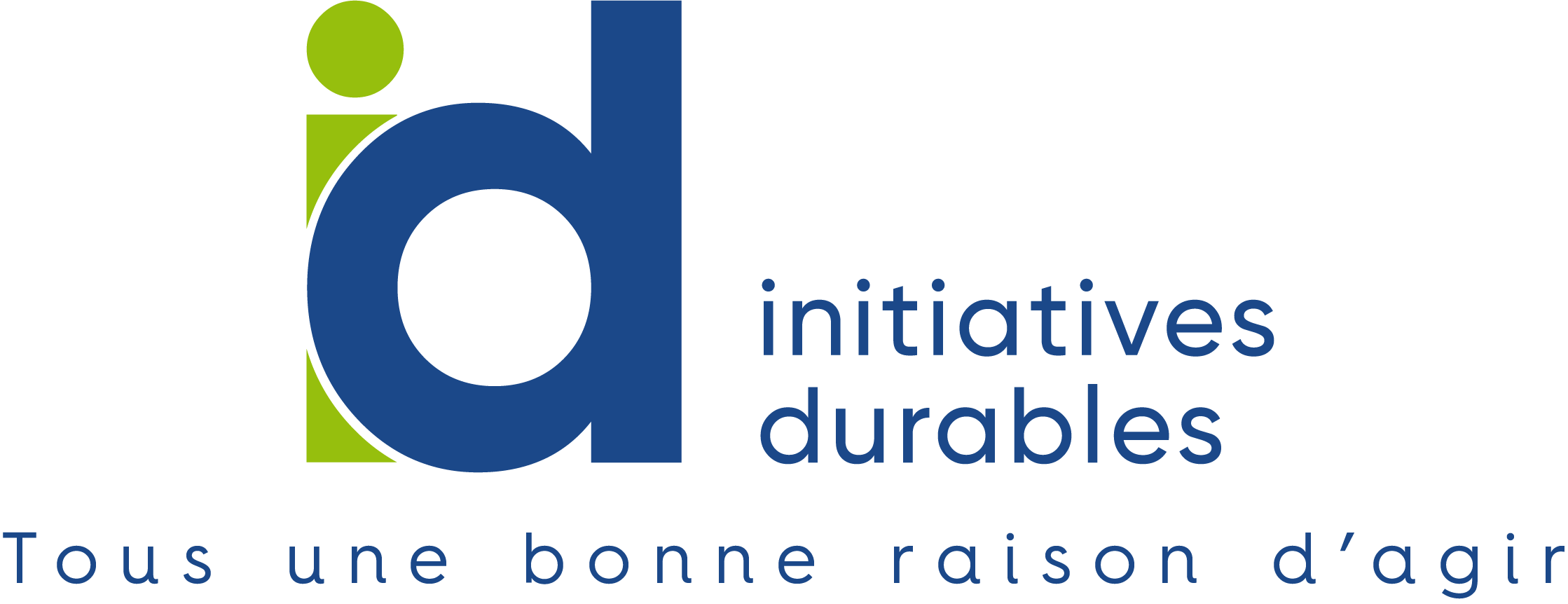GRDF is totally committed to developing mobility with NGVs (Natural Gas Vehicles) and to BioNGVs, their 100% renewable version. GRDF teams work daily with public authorities, local communities, companies, manufacturers and energy stakeholders to move forward in sustainable mobility in the transport of goods and people and for cleaner cities.
A reference in the world of energy an expert in gas-powered energy, GRDF (Gaz Réseau Distribution France) is the main operator in the distribution of natural gas in France, with the longest European network, covering 196,940 km.



















